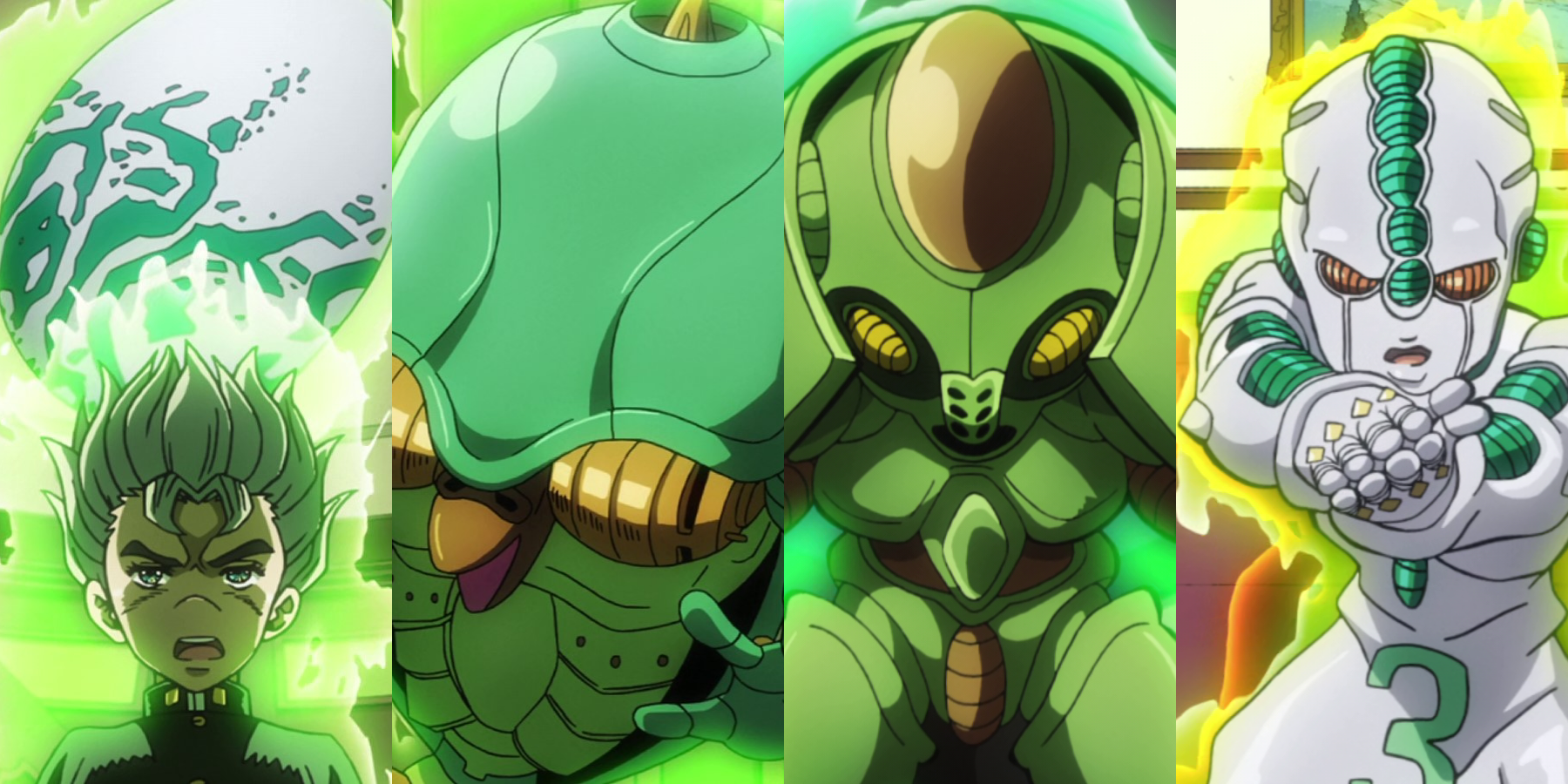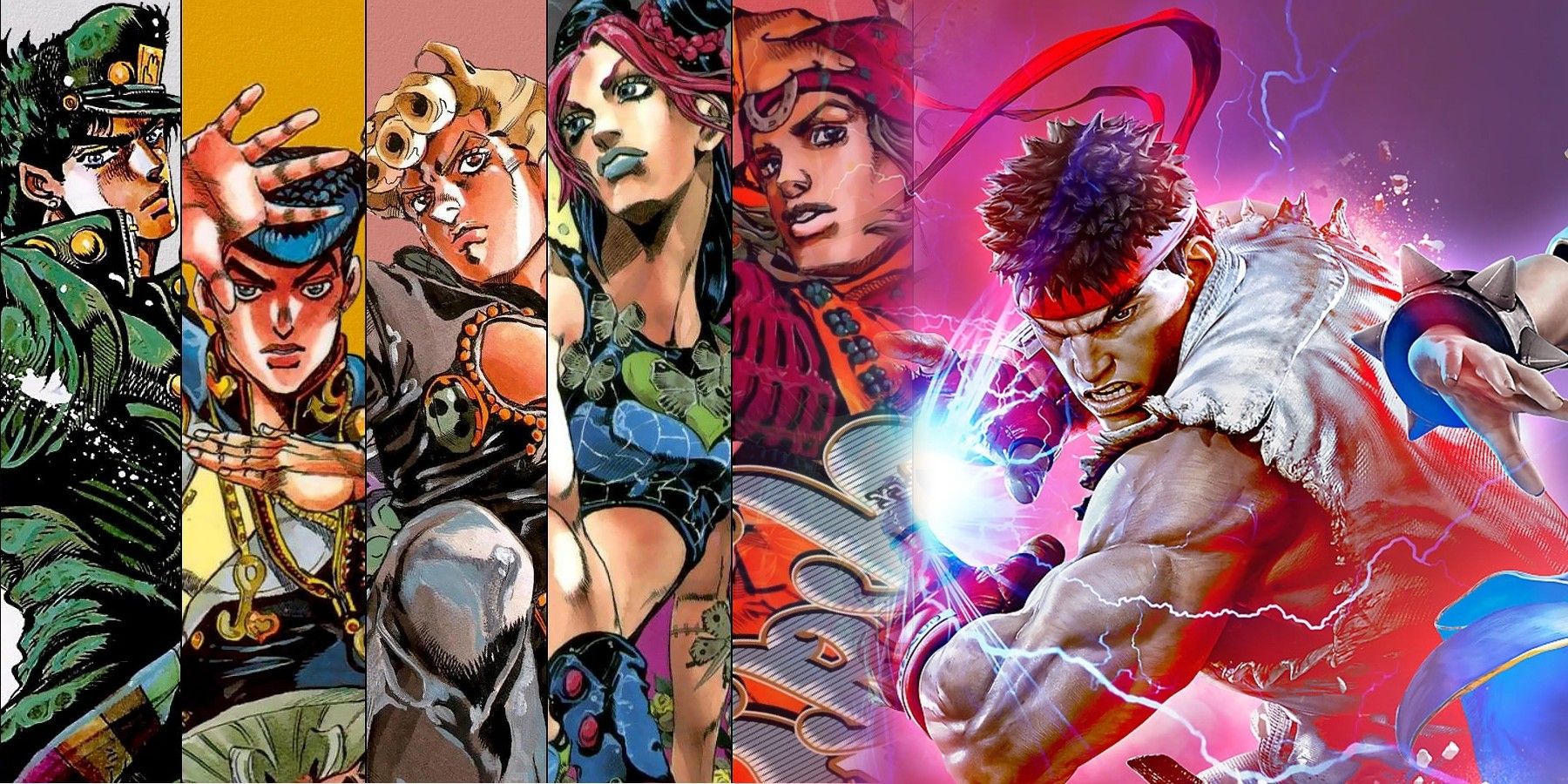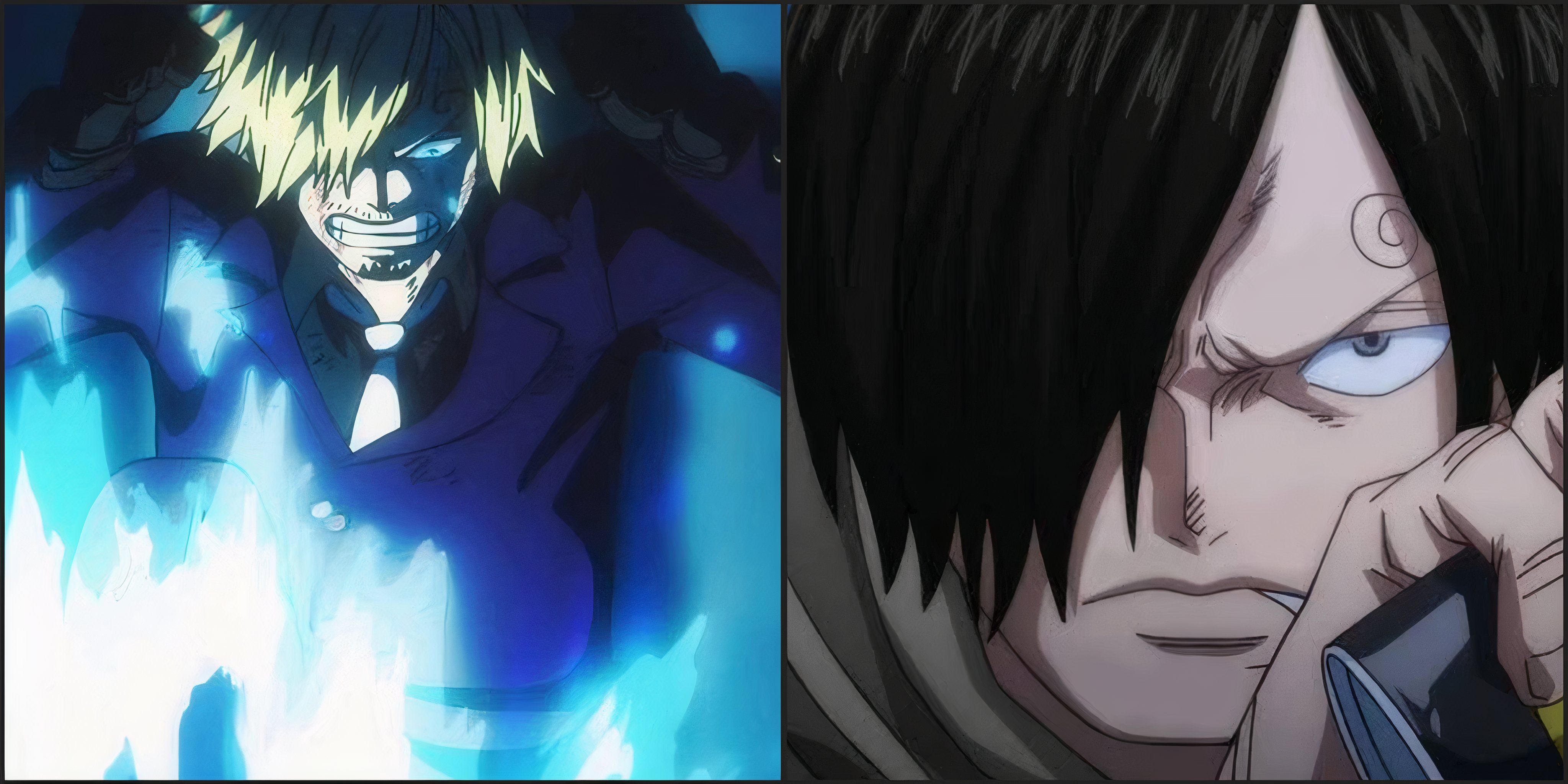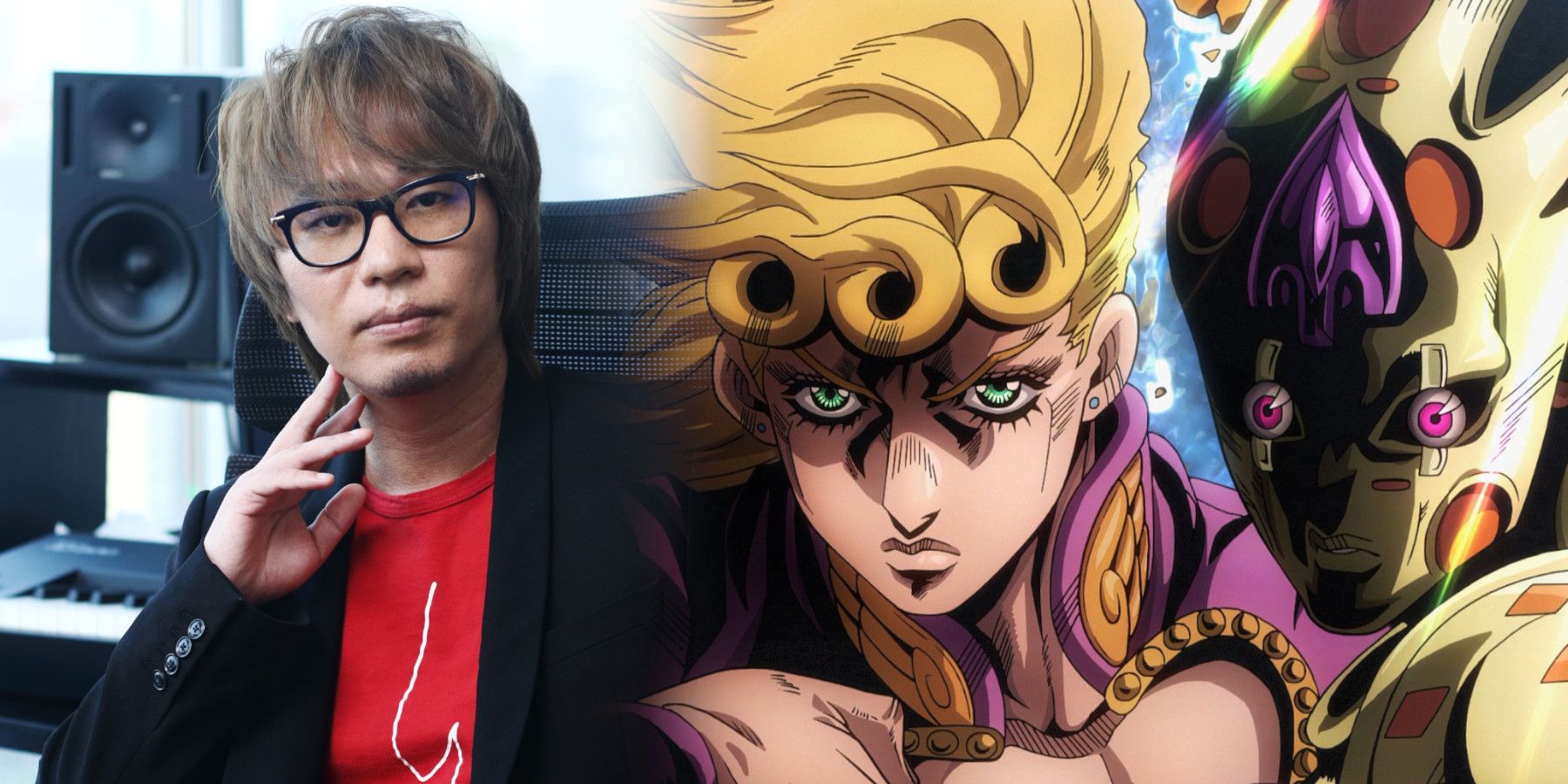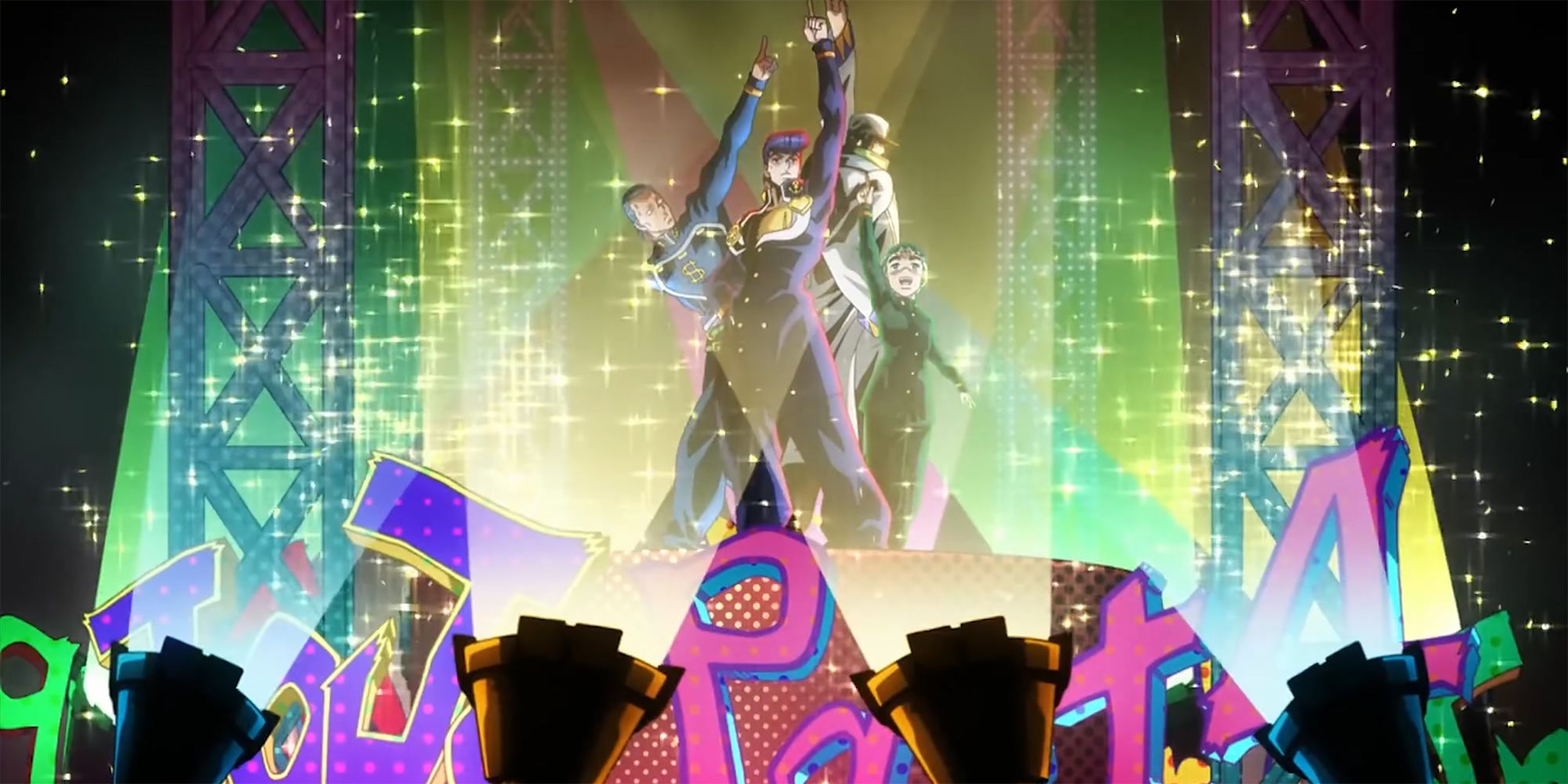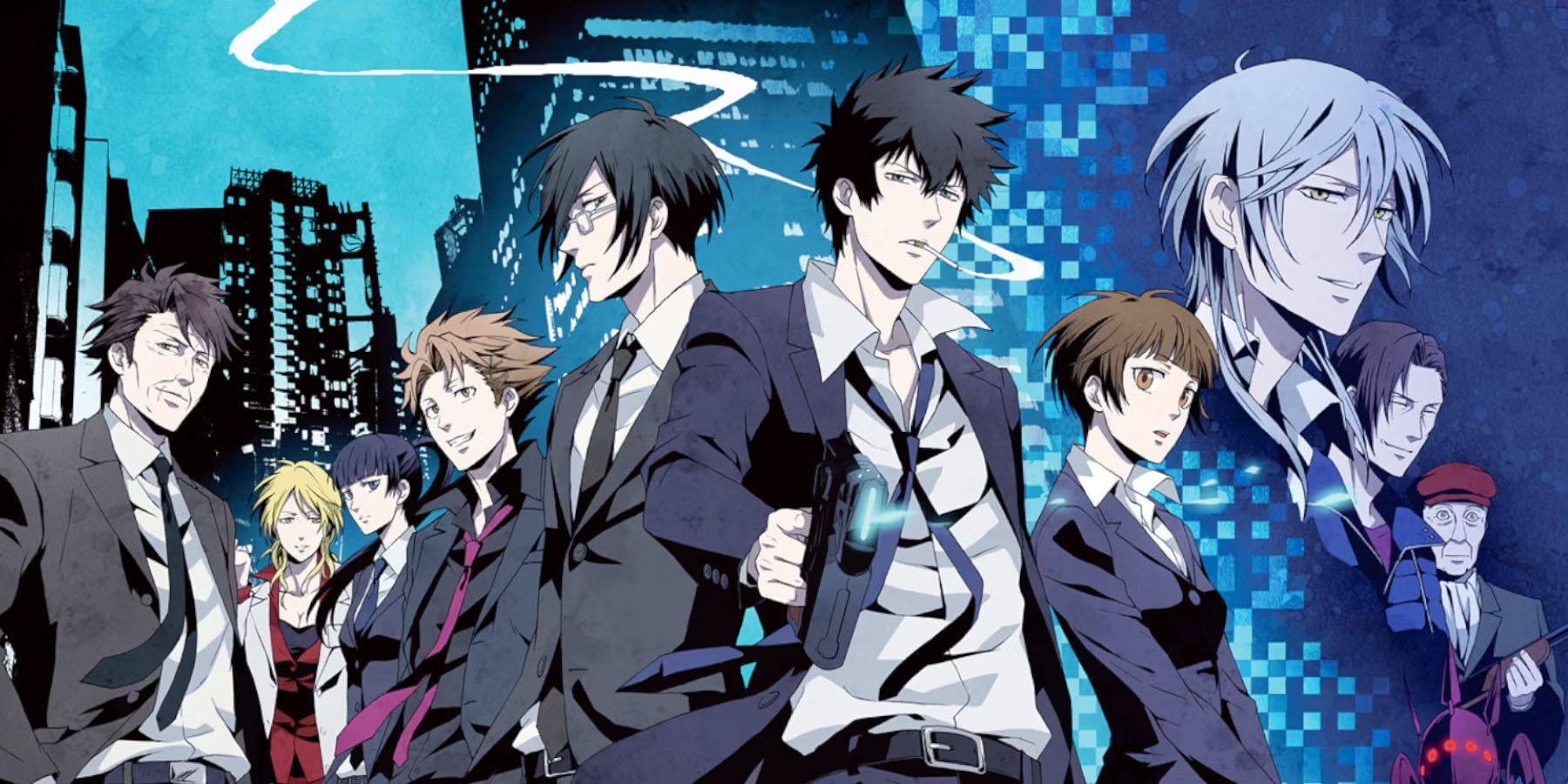If I had a nickel for every time there was a composer with the surname Kanno that created some of the most iconic, genre-bending scores the anime industry has seen in years, I'd have two nickels. It's not a lot, but it's weird that it happened twice, and from JoJo's Bizarre Adventure to Psycho-Pass and beyond, Yugo Kanno has certainly become a legend.
Born in 1977, Kanno's father was a lover of music who imparted to him a love of jazz and classical music, which led him to attend the Tokyo College of Music, where he studied composition and film scoring. He got his start creating songs for advertisements but soon rose to prominence after the 2004 drama Last Christmas and has been composing for film and TV since.
A Sound Fit For JoJo
Let's not beat around the bush - most fans know this man for their work in JoJo's Bizarre Adventure, as they have composed for the series since Part 3, Stardust Crusaders. Before then, Part 1 and Part 2 were composed by different artists, and Kanno had rather big shoes to fill. He replaced Soul Eater and Gurren Lagann composer Taku Iwasaki, who composed Part 2, Battle Tendency.
Despite this, Kanno's score has been so resonant with audiences that many fans might be surprised to learn that there was a time when his music wasn't present. The music of Stardust Crusaders, Diamond is Unbreakable, Golden Wind, and Stone Ocean feel so central to the experience that it would be hard to imagine JoJo without him.
Kanno has expressed an intent to step up his game with each new part of the series, an exceedingly tall order with each new iteration. In an interview with Livedoor, he spoke about the difficulty of composing for a series as consistently intense as JoJo, where "there is no 'insignificant' battle or villain."
"... Even as you’re preparing the strongest songs for the main villains, all the music leading up to that point has to be strong too. It was a series of trial and error to express that strength in a way that did not just make the sound 'thicker'"
-Yugo Kanno, Livedoor, 2019
"Strong" describes the franchise well, so it's only natural that the music follows suit, but the tirelessness with which Kanno delivers on that promise is especially impressive. There are many characters in JoJo, each with their own distinct personality, and Kanno cites this as a key challenge whenever he composes for the series.
The main themes have familiar elements, but are beautifully distinct, acting as rallying cries for each of the main characters. Stardust Crusaders' main theme is so intrinsically tied to Jotaro that it becomes a motif when he appears in later parts. No matter how similar the instruments are, each new protagonist's music leverages one of the composition's myriad elements to create something original that sets them apart.
Stardust Crusaders' theme is iconic for how it blends electric guitar with a jazzy brass section that gives it a groovy yet exhilarating spy feel. It's employed so consistently throughout Part 3 that it conditions you to expect Jotaro to end the fight promptly. Diamond is Unbreakable, on the other hand, is dramatically different, favoring grungier rock and vocal samples, while never forgetting to add an orchestral flourish.
Then there's Golden Wind, which feels like the best of both worlds, yet succeeds its predecessors with a piano solo so sublime that it had the fandom gagged for ages. Where other songs would have been tarnished by the incessant memes, "il vento d'oro" never tires. Above all, as a series about a lineage, the main themes have an underlying familiarity, notably in the use of electric guitar during the opening bars, building into the signature genre blend.
But JoJo's music isn't exceptional simply because of its recurring motifs and bombastic themes. Like Iwasaki before him, Kanno's compositions often befit Hollywood pictures with the level of drama conveyed in the smallest pauses and heartfelt instrumental swells. The final scene of Stardust Crusaders might not have felt as perfect without "The Return of Travelers," nor Golden Wind's ending without "fine della vento aureo"
Beyond The Bizarre
Before Kanno was even the composer for JoJo, he was making himself known through his work on 2012's Psycho-Pass, a dystopian sci-fi with a score as rich as the story's narrative prowess. Kanno is one of those composers in the anime sphere whose work lends itself very well to the cinematic, and Psycho-Pass' theme might be one of the best in the medium.
When composing a sound for a sci-fi dystopia or a cyberpunk story, there's often a temptation to opt primarily for airy synth or electronic music, honing in on futuristic sounds. However, Psycho-Pass has a lot of orchestral tracks. It's a story about the future, but more importantly about justice, the spirit of the law, and how the heroism of the past is becoming obsolete.
The two protagonists represent different ideas of justice. Shinya Kogami embodies a more traditional hero whose methodology labels him a criminal in this new society, and whose rogue status, later on, brings into question whether his brand of justice is right. Meanwhile, Akane Tsunemori might start as a naive newcomer, but she ultimately represents progress and faith in the tenets of law and order, even if the system certainly isn't perfect.
To mirror this dichotomy, the soundtrack does future a lot of modern styles, but they work in tandem with a triumphant orchestral chorus that feels like a pastiche of modern heroism. This recurring motif can be inspiring and exciting, but also tragic and bittersweet, much like the end of the first season. Like some of the best film composers, Kanno translates the complexity of the emotions on-screen into the music to great effect.
Beyond JoJo and Psycho-Pass, Kanno created the music for the 2018 film Batman Ninja, where he made one of the most underrated Batman themes in recent years. Polygon Pictures secured him for three of their projects, Ajin, BLAME!, and Human Lost, the sci-fi retelling of Osamu Dazai's classic novel No Longer Human. He even worked on a Gundam series, albeit one of the most critically divisive in the franchise, Reconguista in G.
Most excitingly for fans of Dragon Ball, he'll be composing the film adaptation of Akira Toriyama's Sand Land, coming later this summer. Fans of Team Ninja's video game series Nioh are no doubt familiar with their work on both games. In a fast-paced Onimusha-like such as Nioh, music is a big factor in getting the player hyped to try again, even after many, many deaths, and his music rarely fails to keep the adrenaline pumping.
Yugo Kanno has helped define JoJo's Bizarre Adventure, one of the biggest franchises in anime, and has been rightfully immortalized as a result, but it can only be the beginning. His style, like that of JoJo, is one of strength, constantly pushing the envelope, and creating sounds that feel cinematic and powerful, no matter the medium.
Source: Livedoor (Translation by highdio on Tumblr)
